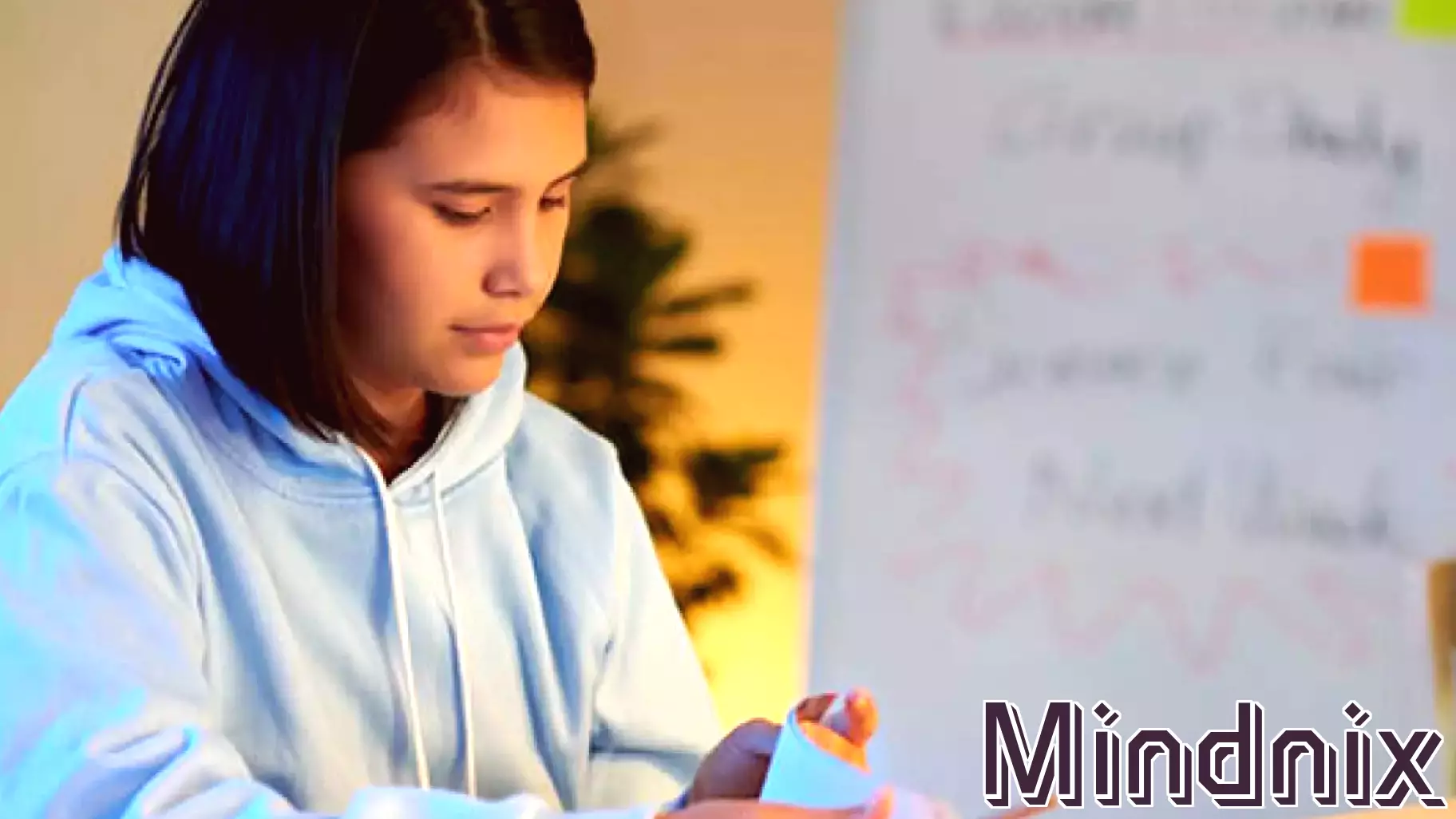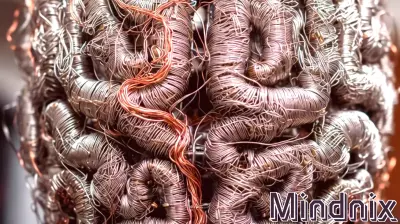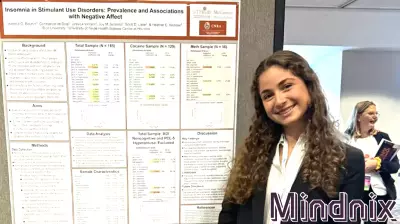Expanding the Definition of Joy: Inclusivity for Autistic Individuals
March 14, 2025 - 00:48

It's time to broaden our definition of joy and ensure that autistic individuals are included in the pursuit of happiness. Happiness is often portrayed as a universal experience, yet it varies significantly from person to person. For autistic individuals, traditional expressions of joy may not resonate, and their unique perspectives on happiness deserve recognition and celebration.
Creating an inclusive environment involves understanding that joy can manifest in diverse forms. Activities that may seem mundane to some can bring profound satisfaction to others. For instance, engaging in special interests or finding solace in routine can be sources of happiness for many autistic individuals.
To foster a more inclusive society, we must advocate for practices that honor these differences. This includes promoting environments where autistic voices are heard and valued. By expanding our understanding of happiness, we can create spaces where everyone, regardless of neurodiversity, feels empowered to pursue their own version of joy.
MORE NEWS

February 25, 2026 - 00:30
Rewired: How the Digital World Reshapes the Human BrainThe impact of our digital lives on the brain is a complex tapestry, not a simple story of harm or benefit. Emerging perspectives suggest that digital engagement, particularly among the young,...

February 24, 2026 - 00:52
Day in the life: Health sciences senior follows research toward clinical psychologyIsabella Bourtin, a health sciences senior, exemplifies the determined focus required to navigate a significant academic shift. Once firmly on the pre-med track, she has successfully pivoted her...

February 23, 2026 - 01:31
Toxic People Makes Us Age FasterThe emotional toll of difficult relationships is well-documented, but new research indicates the damage may be more than skin deep, potentially accelerating the biological aging process. A recent...

February 22, 2026 - 01:17
From Psychology to the Runway, Purpose Takes Center StageFor Lisa Jacovsky, a recent runway appearance during New York Fashion Week was far more than a fashion statement. Recognized as a `Queen of Impact` on the catwalk, the moment served as a powerful,...